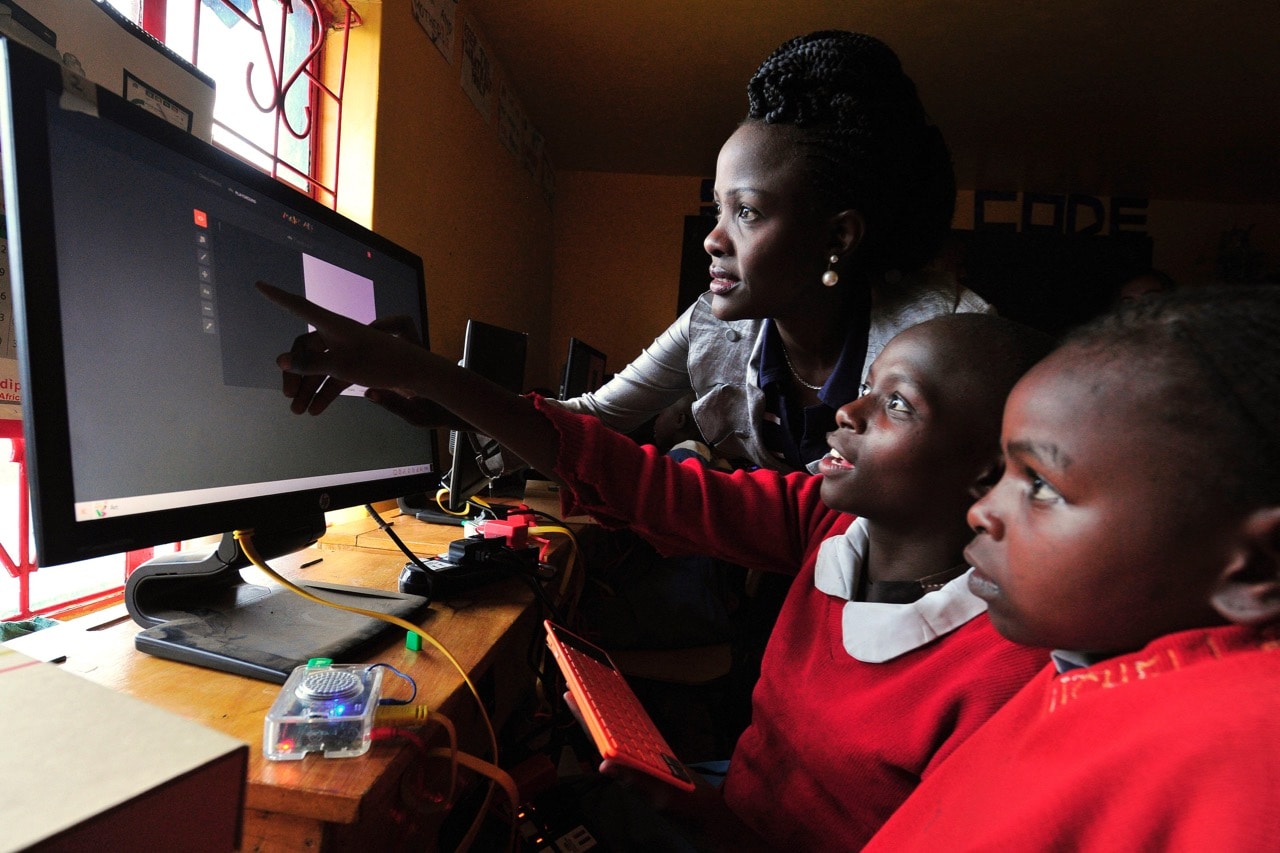The membership of the African Freedom of Expression Exchange (AFEX) and other African internet governance stakeholders attending the Sixth African Internet Governance Forum (AfIGF), have called for the prioritisation of digital rights of all citizens across the continent.
This statement was originally published on africafex.org on 11 January 2018.
The membership of the African Freedom of Expression Exchange (AFEX) and other African internet governance stakeholders attending the Sixth African Internet Governance Forum (AfIGF) has called for the prioritisation of digital rights of all citizens across the continent.
This call was made at the launch of AFEX’s Internet Freedom in Africa 2017 Report held in a parallel session in Sharm El Sheikh, Egypt on December 4, 2017.
The report highlights trends across eight countries in Africa and notes challenges on important issues that include access, incidents of network shutdowns, high cost of data, repressive or lack of regulation in the Internet landscape in Africa. These countries include Ghana, Liberia, Nigeria, Somalia, South Africa, South Sudan, Uganda and Zimbabwe.
Participants endorsed recommendations in the report directed at governments, service providers, civil society, the judiciary and internet users towards promoting an improved Internet environment for citizens in Africa. These include among others the following:
African Governments should:
. Amend and repeal laws that are inimical to freedom of expression both offline and online.
. Adopt Internet laws/policies that are progressive and rights-respecting to guarantee online freedom, safety and security of all citizens.
. Refrain from coercing service providers to monitor, filter, block and/or shut down the internet and other communications networks.
Service Providers should:
. Resist/defy unjustified orders from governments to shut down the Internet.
. Endeavour to invest more in the ICTs sector and expand services across the respective countries they operate in to help bridge the rural-urban digital gap.
. Insist and demand court orders or warrants before disclosing user information or communications or taking down content.
. Proactively engage CSOs and join in advocacy against governments’ abuse of users’ rights such as network shutdowns.
Civil Society (including academia and media) should:
. Conduct regular monitoring and evaluation of the ICTs sectors in their respective countries to highlight developments (positive and negative) for proactive and timely interventions to be rolled out.
. Proactively engage governments, service providers and other stakeholders to ensure that rights-respecting issues are factored into formulation of policy and other interventions.
. Vigorously advocate for the repeal of penal codes and sections of legislation that criminalise speech as well as advocate for the withdrawal and/or review of Bills which have repressive provisions.
. Educate, sensitise and build capacity of citizens on their rights, responsible use of the internet, online safety and other internet-related issues.
The Judiciary should:
. Consider the supreme interest of the public in countries where court orders are required for governments to shut down the internet.
. Protect the rights of citizens at all times.
Internet Users should:
. Use the internet responsibly and respect the rights of other internet users at all times.
. Actively participate in rights-based campaigns and speak out against threats to internet freedoms.
Click to download the full report in both French and English.
Participants
Abubakar Karsan, Union of Tanzania Press Clubs
Dr Chango Mawaki, DigiLexis Consulting
Xianhong Hu, UNESCO
Jean Paul Nkurunziza, ISOC, Burundi
Justin Essiane, ANTIC, Cameroon
Babiker Elturabi, MCIT, Sudan
Tusi Fokane, FXI, South Africa
Ephraim Percy Kenyanito, ARTICLE 19 East Africa, Kenya
Atem Arrey Mbi Emmanuel, ANTIC, Cameroon
Gael Hernandez, PCH, Ireland
Tawanda Maguze, ISOC, Zimbabwe
Nishal Goburdhan, Packet Clearing House, Ireland
Mahen Busgopaul, Mauritius IGF
Nardine Alnemr, British University in Egypt
Koliwe Majama, MISA Zimbabwe
Felicia Anthonio, AFEX
